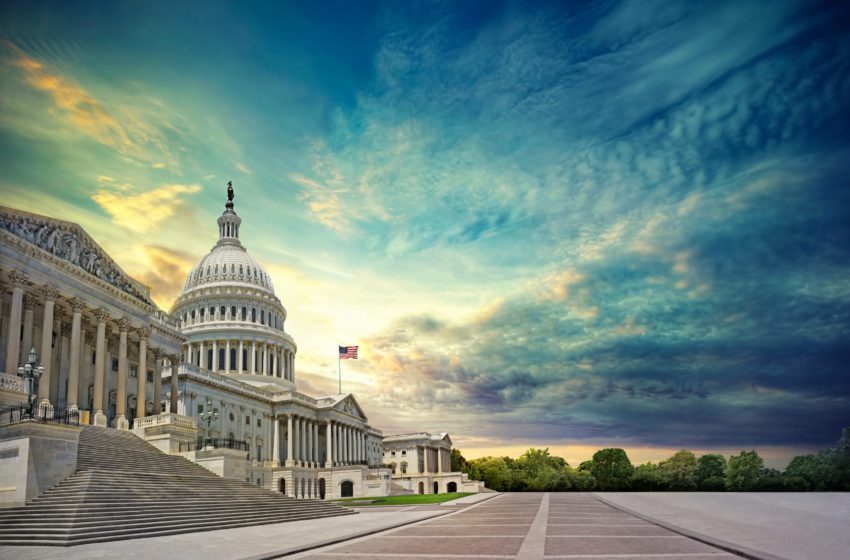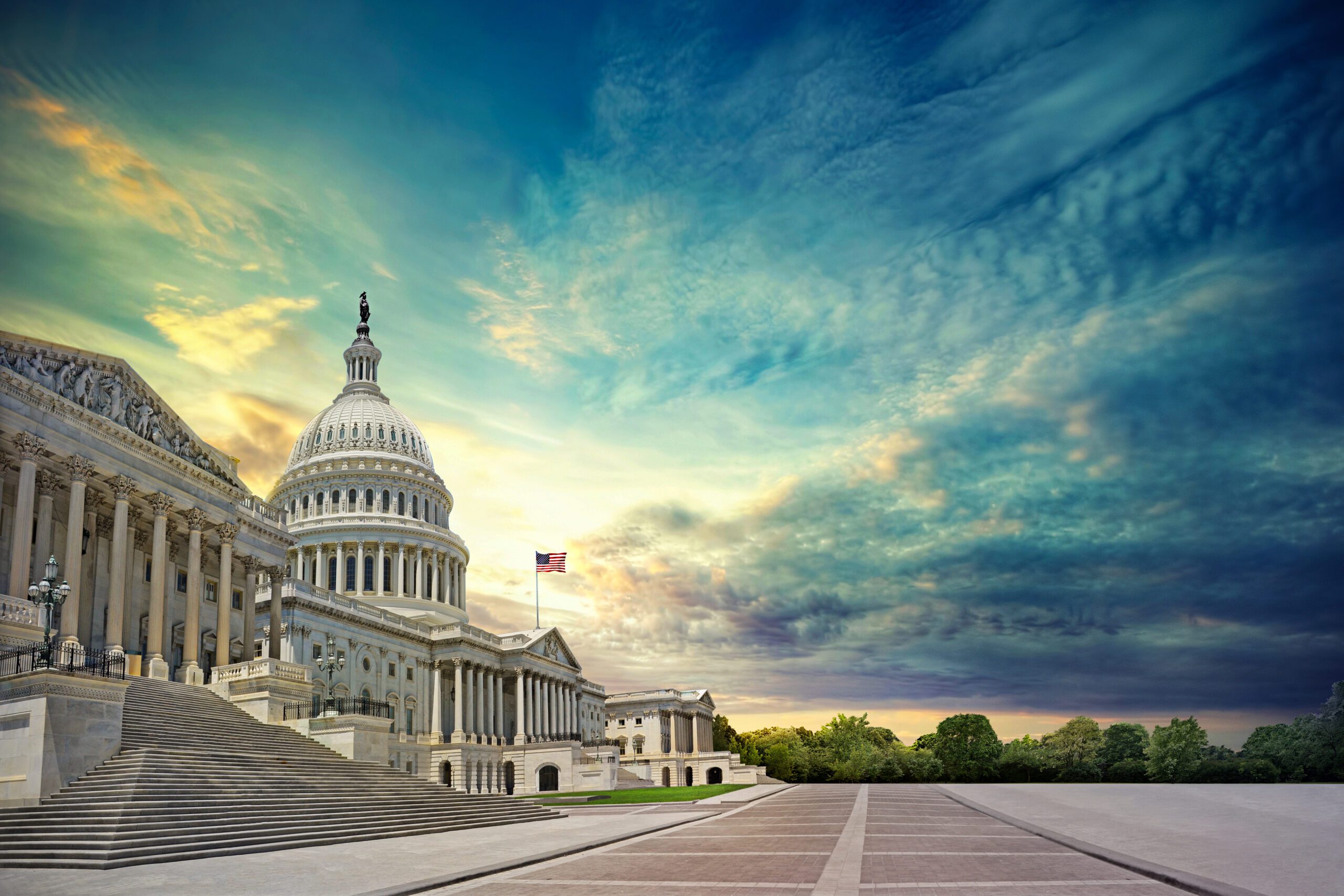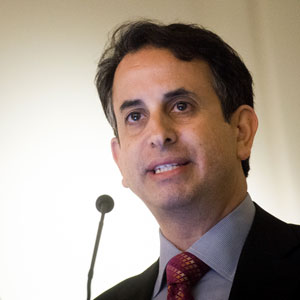Abboud: FDA Expected to Use Discretion
- Featured News This Week Synthetic Nicotine
- July 12, 2022
- 0
- 10 minutes read

Credit: Sagittarius Pro

By Tony Abboud
Under the new law governing synthetic nicotine products signed on March 15, 2022, Congress imposed a short 60-day deadline for companies to file premarket tobacco product applications (PMTAs) and declared that if such applications were not approved within 120 days (the Act) they would be “in violation of” the Federal Food Drug & Cosmetic Act’s (FDCA) PMTA requirement.
Since no authorizations have been granted as of today, the question is will FDA use its enforcement discretion to continue reviewing PMTAs, or will it precipitously declare that all synthetic nicotine products must be removed from the market after July 13, 2022?
There is no question that the FDA should use its enforcement discretion. In a series of direct engagements with FDA since the Act’s passage, the Vapor Technology Association (VTA) has provided a complete set of scientific and policy justifications for synthetic nicotine products, and specific recommendations on how FDA should use its enforcement discretion – just as it has in the past – to allow synthetic nicotine products to remain on the market during the PMTA review process.
However, some have suggested that Congress mandated all products be removed from the market this week if they are not approved by FDA. But a close review of the Act reveals that the opposite is true: Congress did not require synthetic nicotine products with pending PMTAs to be removed from the market after July 13.
In interpreting laws, a court will first look to the plain language of the Act and, only if there is an ambiguity, will it look to Congressional intent to resolve such a question. Here, both support the FDA’s continued use of enforcement discretion for pending PMTAs.
The Plain Language Supports Enforcement Discretion
There are four relevant sections of the Act. First, under Section (d)(2)(A), Congress expressly stated that “as a condition to market” all manufacturers wishing to continue selling their products must file a PMTA no later than May 14, 2022.

Second, under Section (d)(2)(B), Congress expressly stated that companies which filed PMTAs “may continue to market” their products during what the Act calls a “transition period.”
Third, under Section (d)(2)(C), Congress expressly required that if a company did not file a PMTA for its synthetic products by May 14, 2022, that company is “not eligible for continued marketing.” In each of these sections, Congress expressly uses some variation of the term “market” to articulate its direction on what may (not) be marketed and when.
However, in the operative Section (d)(3), which addresses what happens after July 13, 2022, Congress makes no statement regarding marketing at all. Instead, it states that products with pending PMTAs not yet approved would be “in violation of…section 910” of the FDCA (21 USC 387g).
When presented with this question, a court likely would rule that because Congress did not expressly state that pending applicants are “not eligible for continued marketing” or that they “may not market” after July 13, as it clearly said in the immediately preceding sections, Congress did not require the removal of products with pending PMTAs.
This places synthetic nicotine products with pending PMTAs in precisely the same position as all other products with pending PMTAs which, for years, FDA has made clear are “illegal” (i.e., in violation of section 910) but are allowed to remain on the market at FDA’s enforcement discretion.
Congressional Intent Supports Enforcement Discretion
Even if a court finds that Section (d)(3) is ambiguous, there is nothing in Congressional intent that would lead to the conclusion that Congress intended for products with pending PMTAs to be removed from the market.
First, Congress could have banned synthetic nicotine products, if that is what it intended, but it did not do so. To the contrary, Congress expressly authorized manufacturers to bring new products to market after the Act’s passage. Thus, it would be folly to suggest that Congress intended all synthetic nicotine products be removed from the market without PMTA review.
Second, Congressional intent is generally divined by on the record statements made in committee hearings and in floor debate (not from press releases or media statements). But there is little to nothing which a court could rely on [with] this question because the provision was quietly slipped into the Ukraine-omnibus spending bill with no relevant hearing or floor debate.
Third, Congress was fully aware that FDA could not review PMTAs within 180 days (as required under the FDCA). In fact, the FDA told a court it will not be finished reviewing tobacco derived PMTAs until June of 2023. Thus, no one could suggest that there ever was any reasonable expectation or intent that the FDA would rule on synthetic nicotine PMTAs in 60 days.
Hence, the only reasonable conclusion that can be drawn from the plain language and Congressional intent is that Congress did not require removal of products with pending PMTAs but, rather, expected the FDA to continue to use its discretion in enforcing its PMTA regulation after July 13.
Congress did, however, expressly state that products for which no PMTA was timely filed have no continuing ability to market, authorizing the FDA to take immediate action. VTA has repeatedly communicated to the FDA the need for it to aggressively remove all tobacco products from the market for which no PMTA has been filed and to publish a list of all products covered by a synthetic nicotine PMTA so that retailers know which products can be sold.
A Careful and Complete Evaluation of Synthetic Nicotine PMTAs is Required
We live in a world that remains captive to [combustible] cigarettes. Congress won’t ban them and Congress has prevented the FDA from doing so. While electronic nicotine-delivery system (ENDS) products offer a technological solution to delivering nicotine in a substantially less harmful way, synthetic nicotine now represents the first technological innovation in nicotine itself.
Synthetic nicotine uniquely offers consumers the cleanest and purest form of nicotine with numerous benefits, i.e., the absence of heavy metals, nitrosamines, and pesticides. Synthetic nicotine uniquely offers consumers the opportunity to break free from the last remaining vestige of the tobacco plant.
Synthetic nicotine uniquely offers the FDA unprecedented product constituent clarity, replicability, and traceability down to the batch level. Not only does synthetic nicotine offer companies the opportunity to change the dynamics regarding total reliance on tobacco-derived nicotine for all tobacco and pharmaceutical nicotine products, but it also provides companies the ability to address their ESG [sustainability] goals and take a significant step to ameliorate the adverse environmental impacts of tobacco.
Our message to the FDA has been constructive and clear: it is critical to the adult smoker that FDA takes aggressive steps to create an orderly and regulated marketplace with a diversity of desirable nicotine alternatives.
Given recent history with tobacco derived PMTAs, the best way for FDA to realize that objective now is to avoid the blanket denial mistakes of the past which have mired the agency in protracted litigation. Such litigation will only delay the time until we achieve an orderly and regulated marketplace.
Instead, we have asked the FDA to work companies which timely filed synthetic nicotine PMTAs – the good actors – through the PMTA scientific process and provide them the requisite time and guidance to fulfill FDA’s requirements.
At the same time, we have asked the FDA to aggressively enforce against the non-compliant companies that have refused participate in the PMTA process – the bad actors – by interdicting such products at the border and removing such products from the market Congress has clearly required.
In the end, it is incumbent on the new FDA leadership to use its power to create an orderly marketplace by embracing scientific innovations, stimulating additional financial investment, accelerating authorizations of pending tobacco-derived PMTAs, and ensuring that synthetic nicotine products which now contain the cleanest and purest form of nicotine that science has created are available to adult smokers.
Tony Abboud serves as president for Strategic Government Solutions, and executive director of the Vapor Technology Association.
